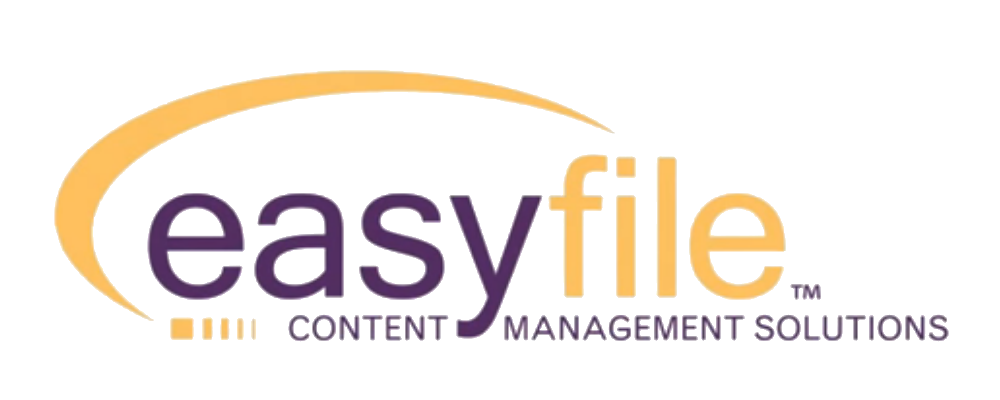When you look at paper, you probably don’t think anything of it. It’s just a thin, flimsy piece of material that can be found in abundance throughout any business. As useful as it is, we don’t treat paper like it has any value and will often waste high amounts of it.
Even those that continue to use paper religiously will struggle to follow the proper recycling guidelines — wasting it even more.
Paper documents are often used for invoices, contracts, statements, reports, and much more. After the documents are signed and recorded, they will be filed away until further notice. In some cases, they’ll sit around for years without being used again.
At CASO, we believe every business owner’s outlook on paper will change once they realize how much it really costs their company. In a digital world where paper documents continue to become obsolete, it’s essential for your business to find ways of eliminating it.
Enough with the chatter, let’s take a look at what paper documents are currently costing your company and why you need to start considering going paperless.
Cost of Employee Time
In order to truly understand the cost of employee time when handling paper documents, you’ll have to look at the lifespan of each document. Every piece of paper that your business handles each day will require a specific process, which will need to be accounted for when figuring the cost of employee time.
Your employees will have to print the document, file it appropriately, and spend the time searching for it whenever it’s needed again. Not to mention the risk of losing documents in the process. If the document needs to be sent somewhere, the time it takes to scan and email it to the right person or send it via direct-mail will only continue to add up.
Imagine how simplified this process could be with eForms, automation, and a fully-functional document management strategy!
Cost of Storage & Space
Paper documents need to be stored somewhere. Filing cabinets, desk space, storage closets in the office, and even storage units will provide quality storage. Unfortunately, these will either directly cost your company money to maintain or take up space in your office that could be used for more important things.
When your documents are 100% handled electronically, you eliminate the need for the physical storage space and can find better ways of using it.
Cost of Maintenance
The final way paper documents will cost your company an insane amount of money each month is through maintenance. Keep in mind, paper documents need to be printed. The more you use your printer, the more likely it is to break or have issues. Ink, toner, and paper itself will also cost money.
These costs typically aren’t considered by business owners, but you’ll be surprised how quickly they add up without you knowing it.
If you’re looking for efficient ways to cut costs and eliminate overhead throughout your company, going paperless is one of the most beneficial things you can do — and CASO is here to help!
Contact one of our highly trained professionals to discuss how we can help your company better manage its paper documents. We look forward to speaking with you!




